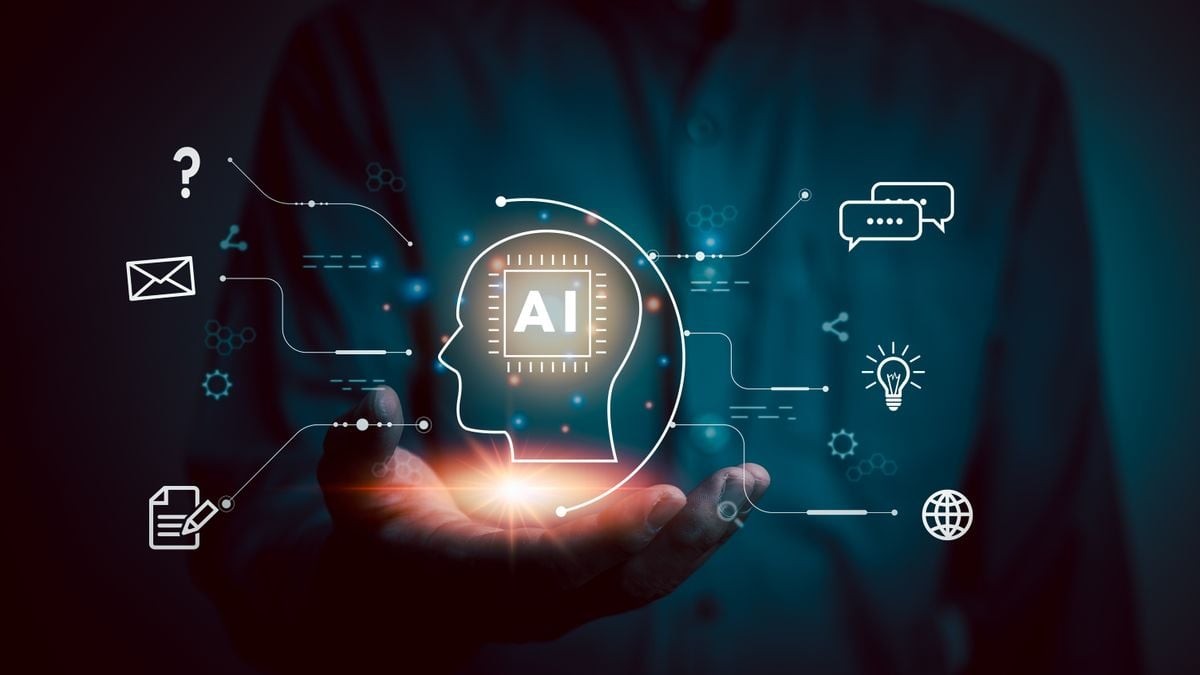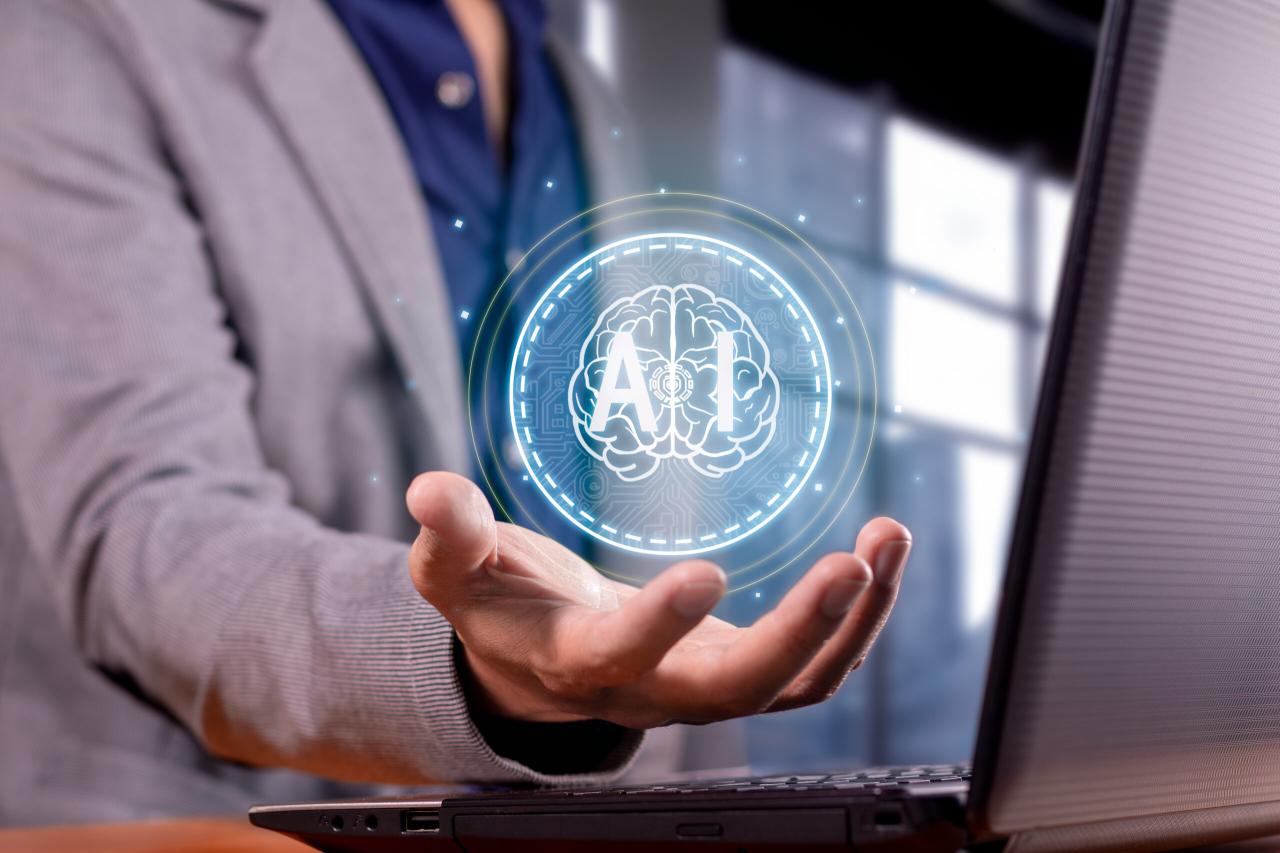The landscape of marketing is in a constant state of flux, driven by technological evolution and the ever-shifting demands of the consumer. In this digital crucible, a single force has emerged as the most significant catalyst for change: artificial intelligence (AI). More than a fleeting buzzword, AI is the foundational layer upon which the next generation of marketing success is being built. For marketers seeking a competitive edge, understanding and actively leveraging AI is no longer optional; it is the definitive path to achieving unprecedented growth. This deep dive will explore how AI is fundamentally reshaping every facet of the marketing pipeline, from creative conception to performance optimization, and provide a clear roadmap for harnessing its power effectively.
The Foundational Shift: Why AI Is a Game-Changer
For decades, marketing has operated on a foundation of historical data, educated guesswork, and often, resource-intensive manual processes. Teams would analyze spreadsheets, segment audiences based on broad demographics, and manually A/B test a limited number of creative variants. The result was a marketing strategy that was reactive at best and, at worst, an inefficient shot in the dark.
AI introduces a paradigm shift. It transforms marketing from a series of manual tasks into a dynamic, intelligent, and highly predictive operation. By processing vast datasets at a speed and scale impossible for humans, AI can uncover hidden patterns, forecast future behaviors, and automate complex workflows. The core value proposition of AI is its ability to learn and adapt, moving beyond simple automation to genuine strategic insight. It allows marketers to not only reach their audience but to engage with them on a deeply personal and meaningful level, at scale. The promise is not just better campaigns, but a more intelligent, agile, and ultimately, more profitable business.
Core Applications of AI in Modern Marketing
The power of AI is not confined to a single tool or task. Its true value lies in its versatile application across the entire marketing ecosystem. From the moment a new product idea is born to the final conversion, AI can be integrated to optimize every touchpoint. Below are some of the most impactful applications that are driving real-world marketing growth today.
A. Content Creation and Optimization The creative process, once considered the exclusive domain of human intuition, is being supercharged by generative AI. Tools powered by large language models (LLMs) can now produce high-quality, human-like text in seconds. This capability is revolutionizing content marketing workflows.
- Accelerated Ideation: AI can analyze search trends, competitor content, and audience questions to generate a list of relevant article topics, video scripts, and social media captions. This bypasses the most time-consuming part of content creation: brainstorming.
- Drafting and Rewriting: Generative AI can produce initial drafts for blog posts, email newsletters, product descriptions, and ad copy. While a human touch is still essential for adding unique brand voice and ensuring factual accuracy, these tools significantly reduce the time to publish.
- SEO Enhancement: AI-powered tools can analyze content for SEO best practices in real-time. They can suggest keyword variations, optimize title tags and meta descriptions, and ensure content structure is search-engine friendly. This ensures that every piece of content created is optimized for maximum organic reach from the outset.
B. Hyper-Personalization and Customer Experience In a crowded market, generic messaging falls flat. Consumers expect brands to understand their individual needs and preferences. AI makes true one-to-one marketing a reality by analyzing behavioral data to deliver personalized experiences at scale.
- Dynamic Website Content: An AI system can change the hero image, product recommendations, and call-to-action buttons on a website based on a visitor’s past browsing history, location, or purchase behavior. A returning customer who previously bought running shoes, for example, might see new apparel recommendations on the homepage.
- Personalized Email Marketing: AI can segment email lists with a granularity that is impossible to achieve manually. It can then trigger email campaigns with personalized subject lines, content, and product suggestions based on each recipient’s unique journey. This leads to significantly higher open and click-through rates.
- Recommendation Engines: Think of Netflix or Amazon. Their recommendation engines are sophisticated AI systems that analyze vast amounts of user data to suggest products, content, or services that a user is likely to enjoy. This drives sales and increases customer lifetime value by creating a more relevant shopping experience.
C. Predictive Analytics and Audience Segmentation AI’s ability to analyze massive datasets goes far beyond simple reporting. It can predict future outcomes and behaviors, giving marketers the foresight needed to make proactive decisions.
- Forecasting Market Trends: By analyzing social media conversations, search queries, and news articles, AI can identify emerging trends and shifts in consumer sentiment long before they become mainstream. This allows brands to be first to market with relevant products or content.
- Customer Churn Prediction: AI models can analyze a customer’s usage patterns, support ticket history, and engagement data to predict who is at risk of leaving. This insight allows marketing teams to proactively reach out with targeted offers or support to retain valuable customers.
- High-Value Customer Identification: AI can identify the specific characteristics of a brand’s most profitable customers. This intelligence can then be used to create lookalike audiences for advertising campaigns, ensuring that marketing spend is focused on attracting users most likely to become long-term, high-value clients.
D. Marketing Automation and Workflow Efficiency AI is the brain behind the most sophisticated marketing automation platforms, freeing up human teams from repetitive and time-consuming tasks to focus on strategy and creativity.
- Automated Ad Bidding and Optimization: AI-powered ad platforms can automatically adjust bids, target audiences, and allocate budget across different campaigns in real-time to maximize ROI. This is a level of precision and speed that no human can match.
- Automated Social Media Management: AI tools can analyze engagement data to determine the optimal time to post content on various social platforms. Some systems can even suggest relevant content to share based on a brand’s specific goals.
- Lead Scoring and Nurturing: AI can analyze a lead’s behavior (website visits, form fills, content downloads) to assign a lead score, indicating their likelihood of converting. It can then automatically trigger personalized email nurture sequences or alert the sales team when a lead reaches a certain score.
E. Enhancing Customer Service with AI While customer service might seem like a separate domain, it is a crucial part of the marketing and customer experience funnel. AI is making customer service faster, more efficient, and more personalized, which directly impacts brand loyalty and positive word-of-mouth.
- Intelligent Chatbots: Modern chatbots are far more advanced than the simple rule-based systems of the past. They can understand natural language, answer a wide range of common questions, and even perform tasks like checking order status or scheduling appointments. This provides instant support 24/7.
- Sentiment Analysis: AI can analyze customer feedback from emails, social media, and chat logs to gauge a customer’s emotional state. If a customer is expressing frustration, the system can automatically flag the interaction for a human agent to intervene.
- Virtual Assistants: More sophisticated than chatbots, virtual assistants can handle more complex, multi-step tasks, such as troubleshooting a product or guiding a user through a service setup process, acting as a valuable first-line support system.

Implementing AI in Your Marketing Strategy: A Practical Roadmap
The prospect of integrating AI can seem daunting, but it doesn’t have to be. A strategic, phased approach is the most effective way to start.
- Define Your Business Goal: Before adopting any technology, identify a specific business problem you want to solve. Are you looking to increase lead generation? Improve customer retention? Boost conversion rates? A clear objective will guide your tool selection and implementation.
- Audit Your Data: AI is powered by data. Assess the quality and quantity of your current data. Do you have a centralized customer database? Is your web traffic data clean? Investing in data governance and a robust CRM system is a critical first step.
- Start Small with a Pilot Project: You don’t need to overhaul your entire marketing stack at once. Choose a single, high-impact area to start. For example, use an AI tool to automate your ad campaign bidding or to generate email subject lines for a single newsletter.
- Invest in the Right Tools: The market is saturated with AI tools for marketers. Look for platforms that integrate seamlessly with your existing technology and offer a clear return on investment. Consider both all-in-one solutions and specialized tools for specific tasks.
- Upskill Your Team: AI isn’t a replacement for human marketers; it’s an enhancement. Train your team on the new tools and focus on developing their strategic thinking, creative problem-solving, and data analysis skills. The best results come from the synergistic collaboration between human intuition and AI intelligence.
The Road Ahead: Challenges and the Future of AI in Marketing
While the benefits are clear, the path to AI integration is not without its challenges. Data privacy concerns, ethical considerations around algorithmic bias, and the need for significant initial investment are all factors to consider. A “black box” problem can also arise, where the AI provides an outcome without a clear explanation for how it arrived at its decision.
However, the trajectory of AI in marketing is one of relentless innovation. The future promises even more sophisticated applications, including:
- The Merging of Online and Offline Data: AI will connect a customer’s online behavior with their in-store purchases and physical movements, creating a truly holistic view of their journey.
- Augmented Reality (AR) and Virtual Reality (VR) Experiences: AI will power more personalized and interactive AR and VR campaigns, from virtual product try-ons to immersive brand experiences.
- The Rise of Explainable AI (XAI): New systems will be designed to provide greater transparency, explaining how they reach their conclusions and helping marketers to build more trust and better strategies.

Conclusion
The digital age is defined by an abundance of data and an explosion of channels. In this complex environment, the ability to make sense of information and deliver a truly personalized, meaningful message is the ultimate competitive advantage. Artificial intelligence is the key that unlocks this potential. By systematically integrating AI into content creation, personalization, automation, and predictive analytics, marketers can move beyond the limitations of manual processes and achieve a level of growth that was once unimaginable. AI is not a trend to be followed; it is a fundamental pillar of modern marketing, and those who learn to harness its power will be the ones who lead the industry into the future.








